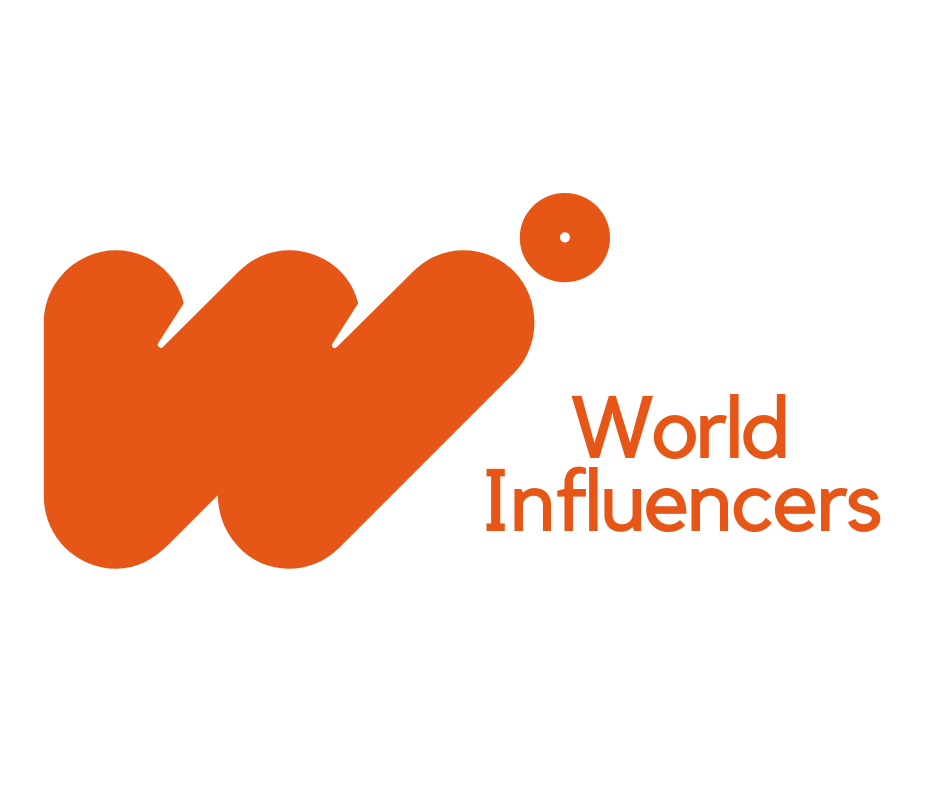In an age where information spreads at the speed of light, the ethical responsibilities of journalists are more critical than ever. Journalism, the cornerstone of democracy and accountability, is now facing its biggest test. Sensationalism, misinformation, biased reporting, and agenda-driven news have begun to erode public trust. We must ask ourselves—what is journalism without ethics? And the answer must compel us all to think, act, and reform.
The Moral Compass of Journalism Is No Longer Optional
Every story published, every headline crafted, and every image chosen holds immense power. Journalism was never meant to be about clicks, likes, or trends—it was designed to inform, uplift, and empower societies. Yet in this fast-paced digital age, where being first often trumps being right, ethical lines are being crossed—intentionally or unknowingly.
This is not just a concern—it is a crisis. When truth becomes secondary to profit or popularity, society suffers. People are misled. Decisions are made based on false premises. Communities fracture. Trust in institutions crumbles.
Why Ethical Journalism Must Be a Priority—Now, More Than Ever
There is an urgent need to reinstate ethics as the foundation of journalism. Whether you’re a seasoned journalist, an editor, a citizen reporter, or a content creator, the weight of responsibility is yours to carry. Journalism is no longer just about news; it’s about shaping perceptions, influencing behavior, and impacting lives.
Ask yourself:
Are the facts verified?
Is the source credible?
Is the story inclusive, or does it favor one voice over others?
Does this piece do more good than harm?
If these questions aren’t being asked daily in newsrooms and digital platforms, then ethics have already lost the battle.
The Core Pillars of Ethical Journalism
To rebuild the trust journalism once commanded, we must champion these unshakable principles:
-
Truth and Accuracy: Every report must be verified, and facts must be double-checked—accuracy isn’t optional.
-
Independence: Journalism must be free from corporate, political, or personal influences. It should never be for sale.
-
Fairness and Impartiality: All sides of a story deserve to be heard. Bias has no place in responsible journalism.
-
Accountability: Mistakes must be admitted and corrected swiftly. A transparent journalist earns respect.
-
Humanity: Never forget the human impact of what is reported. Journalism must never become a weapon.
The Call to Action: Think Deeply, Act Boldly
This is a wake-up call to every media outlet, every journalist, and every consumer of news:
-
If you’re in the newsroom, demand integrity.
-
If you’re a reader, question what you consume.
-
If you’re a student, study ethics as passionately as media law.
-
If you’re a policymaker, enforce accountability in journalism standards.
We cannot afford to normalize unethical reporting. We cannot allow disinformation to become the new truth.
The Future Depends on What We Do Today
Our democracies, our communities, our conversations—they all depend on ethical journalism.
Without it, injustice will go unchallenged.
Without it, the powerful will remain unaccountable.
Without it, the voices of the vulnerable will be silenced.
We need ethical journalism not tomorrow—but today.
We need every journalist, editor, and media house to recommit—boldly, publicly, and immediately—to the values that make this profession noble.
The time to act is now.
Let’s not look back a decade from now and wonder where the truth went.
Let us choose to protect it today.
Because without ethics, journalism isn’t journalism. It’s just noise.

